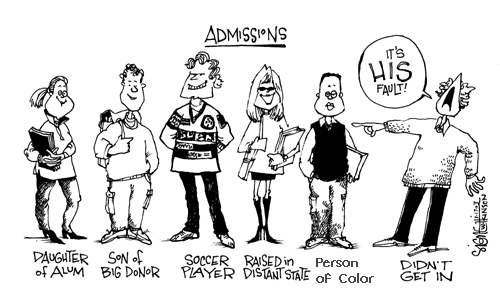"A curriculum designed to empower students must be transformative in nature and help students to develop the knowledge, skills and values needed to become social critics who can make reflective decisions and implement their decisions in effective personal, social, political, and economication"
In classroom the lesson plans and teaching needs to have values and guide the students to act on their own. Their decisions reflect their critical thinking skills and become social critics, to question everything they see. (curiosity)
"The difference between empowering and traditional pedagogy has to do with the positive or negative feelings students can develop for the learning process. In traditional classrooms, negative emotions are provoked in students by teacher-centered politics."
Traditional pedagogy generate boredom and a need to escape for the students. It ignores their language, tradition and diverse culture because it focus on what they have to learn and not what they're supposed to learn. Politics should be freedom to think and to express. The teacher should just be the guide that lead that discussion and let the "people" speak freely and learn what they want to learn.
"People are naturally curious. They are born learners. Education can either develop or stifle their inclination to ask why and to learn."
Everyone is interest in something and to spark that interest we have to find out what it is. That is what education is all about, learning about what you love and strive to be good at it. Education helps you find that interest and guide you to pursue your goal. Elementary, Jr. High and High School is the perfect place to be to find it before going to higher education because a lot of people are lost in college when they don't know what interest them. It is because traditional schooling taught them what to learn in school instead letting them chose.
Comments:
Education is a lot like politics because you need to have freedom and speak your will. Being told what to do can be difficult to learn and not be bored or sick of it. It is easier said than done because teachers has to follow a certain curriculum and meet standards. However, it can be done when teachers relate the lesson to things that everyone share in common and lead the discussion it will be more effective.
http://www.indiana.edu/~leeehman/Brantmeier.pdf





